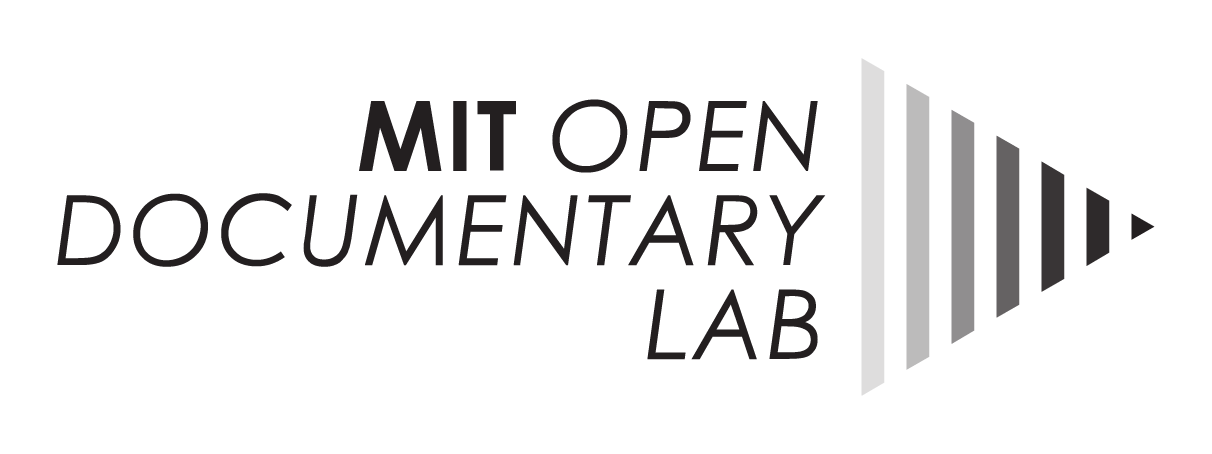
29 Oct Video Interview | Judith Aston on Authorship and New Logics in Interactive Documentary
The OpenDocLab team is pleased to welcome Arnau Gifreu Castells as an OpenDocLab visiting research affiliate. A Professor of Communication Studies at the Universitat Oberta de Catalunya (UOC) and the Universitat de Vic (UVIC), Arnau is also a member of the i-Docs group. The Director of the UVIC_Lab, the Digital Content Laboratory at UVIC, he has also held research lecturer positions at Harvard University (Harvard Metalab) and York University (Future Cinema Lab).
Arnau is in the process of interviewing a number of practitioners, scholars, and students of interactive documentary about the state of the field. He will be posting select clips on the OpenDocLab website. Below you’ll find Part 1 of an interview with i-docs expert Judith Aston.
In this series we focus on the theoretical part of the study of interactive documentary. We will conduct video interviews with the main experts in the field based on six key questions:
- the definition, how would they define the interactive documentary
- the evolution of the form, whether they believe that the interactive documentary is a natural evolution of the linear documentary
- the change in the logics and dynamics, if they believe there is a change in the logics of production, distribution and exhibition
- the role of the author, if they believe that the role of the author is threatened
- the business model
- their views on the production, research and events organized by countries that are active in this field, placing special emphasis on Canada and France.
Our third interviewee is Judith Aston, co-founder of i-Docs (i-Docs.org, DCRC) and Senior Lecturer in Creative Media at the University of the West of England. She holds a PhD in Interaction Design from the Royal College Art and a Masters degree in Social Science from the University of Cambridge. Working with the BBC Interactive Television Unit on pioneering interactive videodisc projects in the mid-1980s, she has witnessed the development of interactive documentary from the ground up. This fascinating journey has led to her current passions for bringing interactive documentary into live performative contexts and looking at the more intimate one-to-one experiences that can be achieved on tablet media such as the iPad. She is currently working on several interactive documentary projects and is an academic partner on the REACT Future Documentary programme.
The following are selected excerpts from her interview. We’ll be sharing more clips in future posts.
1.Do you believe there is a change in the logics of production, distribution and exhibition?
[vimeo]https://vimeo.com/75664187[/vimeo]
There’s an interesting model in a cultural change of the logics: in the early days of the documentary, the producer of the BBC used a top-down approach. Nowadays with the democratisation of media there’s more opportunity for grass roots storytelling. She believes that there’s a role for highly authored top-down work, but everybody needs to make the change to produce an interactive documentary, to author their own content.
2.Do you consider the role of the author threatened in this specific form?
[vimeo]https://vimeo.com/75660750[/vimeo]
With the intelligent use of technology the role of the author is not threatened. This role is very important but can follow different formulas: the authorship could be distributed between many authors in a dialogue, or a curator could set up the conditions for the different authorships, to quote only two ways of authorial voice. This is a broader way of thinking about authorship, which is still fundamental in the interactive documentary field.
Arnau Gifreu Castells (PhD)
Research Affiliate, MIT Open Documentary Lab
agifreu@mit.edu



